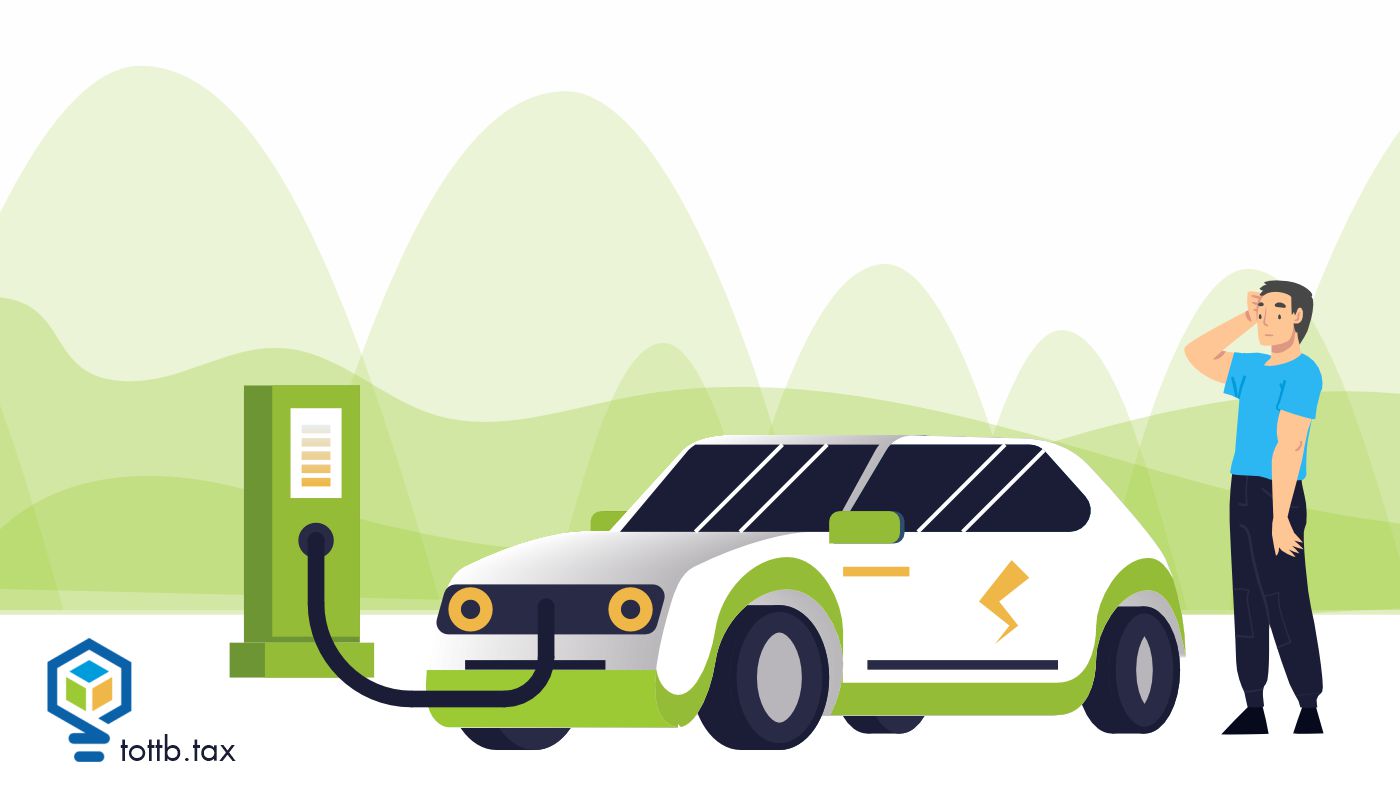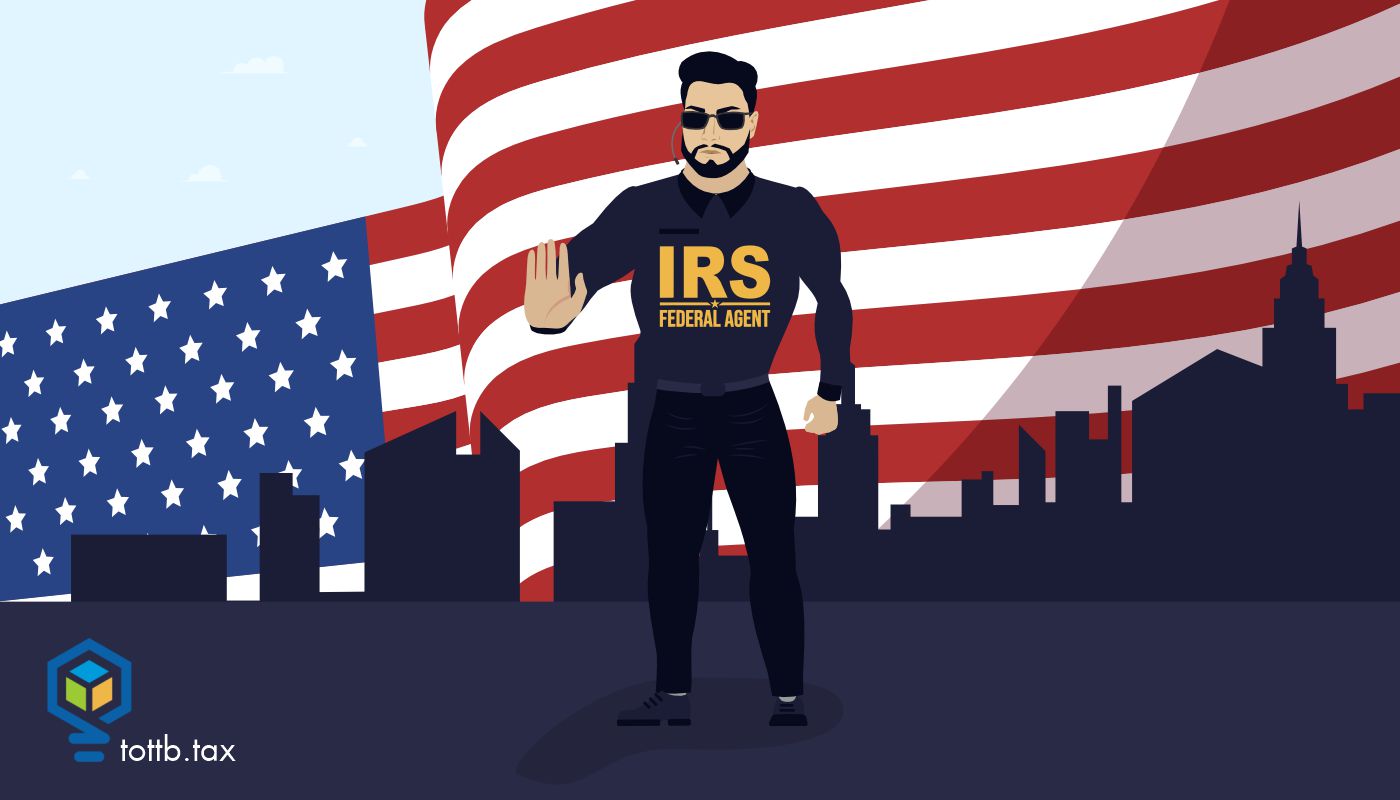Taxpayers who earn more than $10 in interest from a savings account are required to pay income tax—with a few exceptions. Unearned income is taxed at your regular federal tax rate, ranging from 10% to 37% depending on your overall income. Fortunately, taxpayers should be alerted to the need to report these earnings when they receive a form 1099-INT from their bank or financial institution.
Keep in mind that this applies to any bank account that earns interest, including checking accounts, money market accounts, and certificates of deposit. Dividends from credit unions, cooperative banks, savings and loans, and mutual savings banks are also taxable. However, unearned income does escape payroll taxes, such as Social Security and Medicare deductions—although some states may charge their own tax in addition to the federal levy.
Not every savings account is subject to income tax. Individual Retirement Accounts (IRA) allow taxpayers to transfer part of their income directly into a savings account. These funds can accrue interest without taxation until the holder makes a withdrawal. Several types of educational savings accounts, such as Coverdell savings accounts and 529 plans, can also earn tax-free interest as long as the funds are only used for educational purposes. Lastly, health savings accounts (HSA) and flexible spending accounts (FSA) are both tax-exempt, but the funds must be used for healthcare expenses.
At least 21 states are currently offering residents economic support through hero pay, stimulus checks, or automatic rebates. With inflation on the rise, many state governments are leveraging recent revenue surpluses to provide relief to taxpayers. Below are the highlights of how some states are responding.
Alaska tops the list by offering an impressive $3,200 per person starting in September to offset fuel costs in particular. The second highest comes from Maryland, although these checks are specifically allocated to low-income households to assist with water bills.
Direct refunds for all taxpayers have been approved in California (up to $1,050 per person), Colorado ($750 per person), Delaware ($300 per person), Georgia ($500 per person), Hawaii (up to $300 per person), Idaho (either $75 or 12% of their 2020 state taxes), Indiana ($325 per person), Massachusetts (an estimated 7% of their 2021 state income tax payment), South Carolina (up to $800 per person), and Virginia (up to $500 per person). For most of these refunds, the criteria is simply that your most recent tax returns were filed on time.
Other states are allotting refunds only to lower-income taxpayers. Maine offers $850 per person making under $100,000 (for single filers), while Illinois is issuing $50 rebates to residents who make less than $200,000 a year. Oregon and New Mexico also implemented their own variation. Additionally, Connecticut, Florida, Illinois, New Jersey, and Vermont have introduced credits for children and dependents that may also vary based on income. In Minnesota, front-line workers will receive $750 bonus checks for their work during the pandemic.






